Stop Losing 80% of Your Staff: 7 Proven Retention Strategies That Actually Work for Home Care Agencies
This comprehensive guide outlines seven proven strategies to combat the 80% staff turnover rate plaguing home care agencies, covering compensation, scheduling, onboarding, communication, support systems, recognition programs, and purpose-driven culture development.
9/15/20254 min read
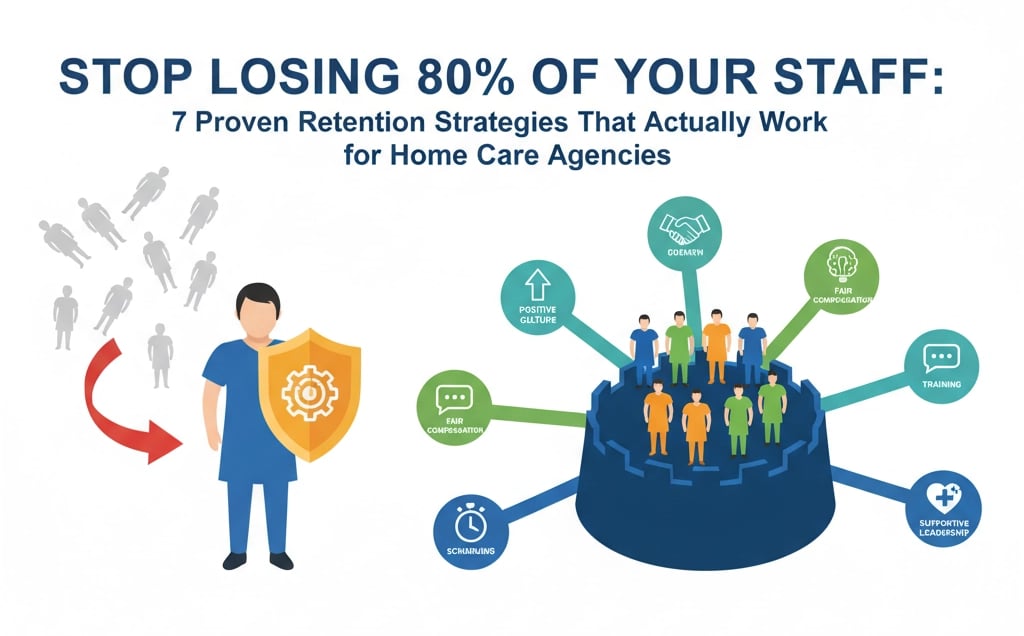

Let's be honest here. If you're running a home care agency, you've probably watched good caregivers walk out the door more times than you'd like to admit. The statistics are brutal: some agencies lose up to 80% of their staff within the first year. But here's the thing - it doesn't have to be this way.
After working with dozens of home care agencies, I've seen firsthand what separates the ones bleeding talent from those building rock-solid teams. The difference isn't luck or location. It's strategy.
1. Get Smart About Compensation (It's Not Just About Money)
Sure, competitive wages matter. But before you think you need to break the bank, consider this: employee referral programs can help new hires stay 45% longer than traditional hires. That's up to 4 years of service from one strategic move.
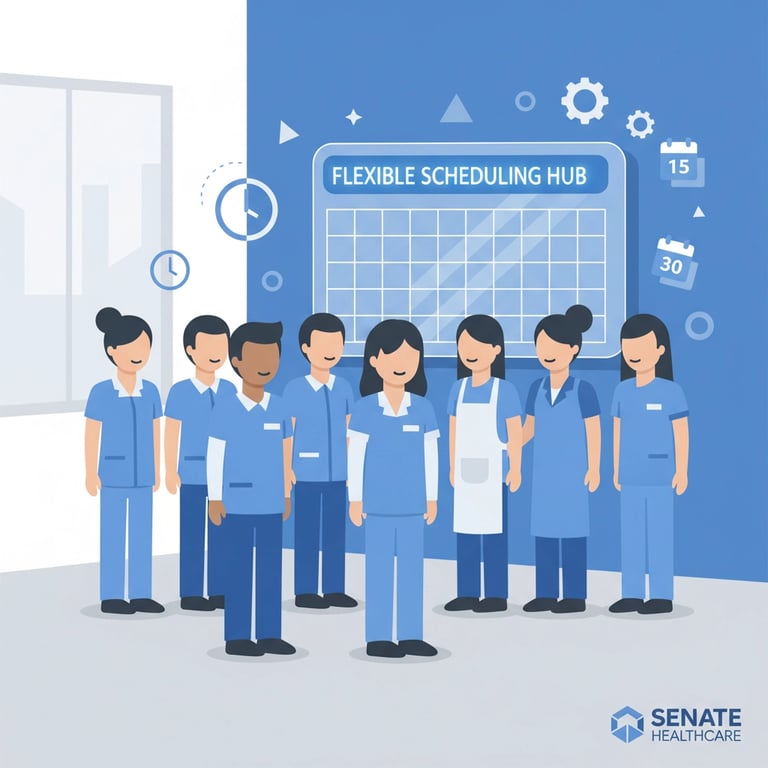

When salary budgets are tight, get creative. Travel vouchers for caregivers commuting between clients show you understand their daily reality. Quick reimbursements for out-of-pocket expenses build trust. And here's a game-changer: make sure payroll is accurate and on time, every single time. Nothing kills morale faster than paycheck problems.
Think about it this way - are you losing more money replacing staff than you'd spend on better retention benefits? The math usually favors keeping people.
2. Flexible Scheduling That Actually Works
Your caregivers have lives outside of work. Shocking, right? When you create schedules that work with their personal commitments, job satisfaction and retention rates improve dramatically.
Modern home care software can help caregivers set their availability and bid on preferred shifts. Consider location when building schedules - nobody wants to drive 45 minutes between back-to-back clients. Float pools and job sharing arrangements give your team even more flexibility.
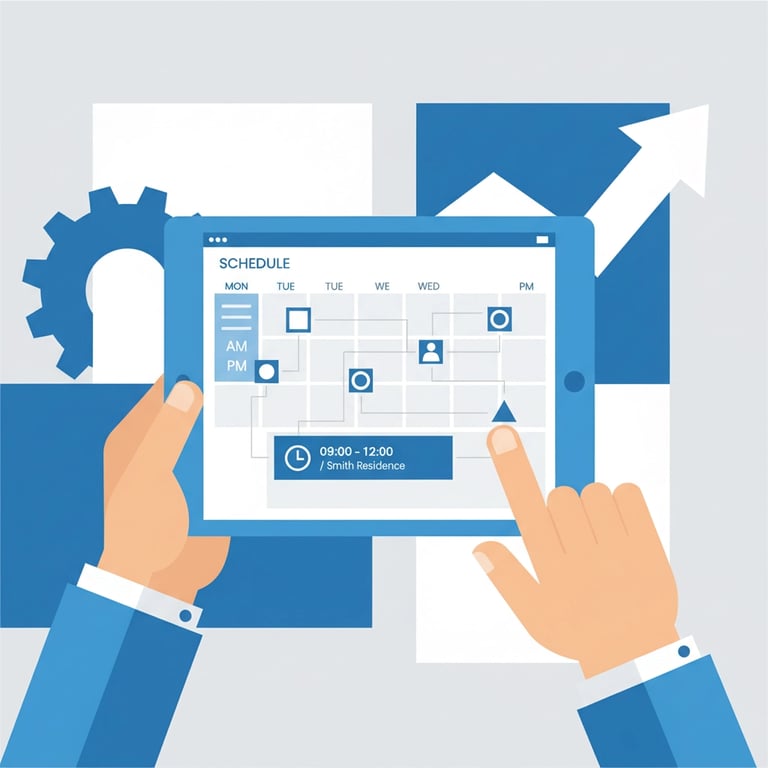

The bottom line: when caregivers feel like they have some control over their work schedule, they stick around longer.
3. Nail the First 90 Days
Here's a sobering fact: 57% of caregiver turnover happens within the first 90 days. That means your retention battle is won or lost in those crucial first months.
Start your retention efforts before new hires even begin their first shift. Reach out with encouraging messages. Check in after their first day, first week, and first month. Make them feel supported, not abandoned.
Think of onboarding as an investment, not an expense. The agencies that frontload their attention and support during this period see dramatically lower turnover rates.
4. Communication That Goes Beyond "How's It Going?"
Your caregivers are often working alone in clients' homes. They need to know someone has their back. Regular manager contact through quick SMS messages or calls acknowledging good work or sharing positive client feedback makes a huge difference.
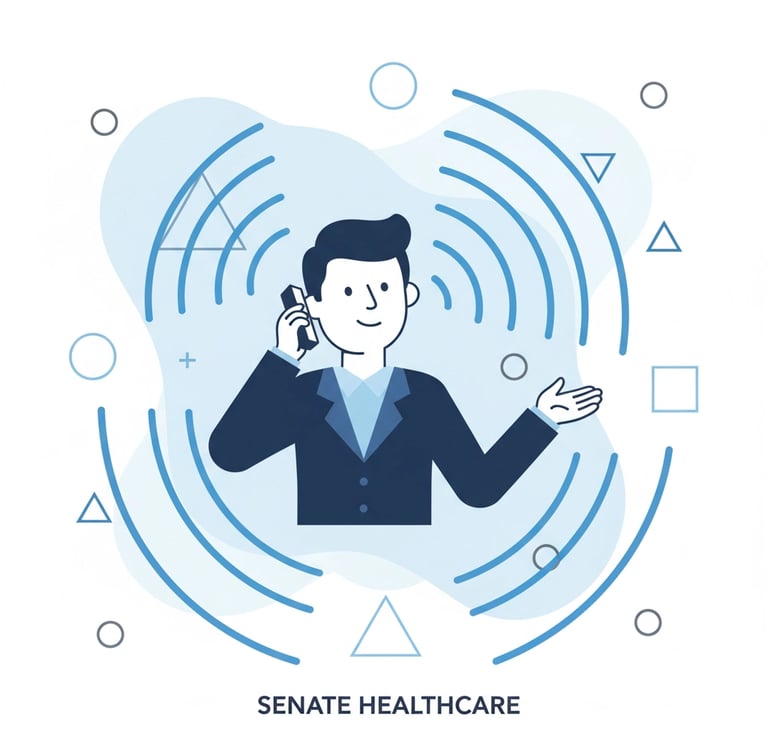

Create systems where caregivers can easily reach managers when problems arise. Early identification and resolution of issues prevents small problems from becoming resignation letters.
Don't wait for problems to surface. Proactive communication shows your team they matter.
5. Support Them When It Matters Most
Nothing's more frustrating than showing up to work unprepared. Make sure your caregivers can easily access shift information, client addresses, and care records. Streamline documentation with care note templates to reduce administrative burden.
Keep caseloads manageable. Burnout is real, and overworked caregivers don't stick around. When staff feel supported with reasonable workloads and the right resources, their stress drops and morale improves.
At Senate Healthcare, we've seen how strategic support systems can transform agency operations and staff satisfaction.
6. Recognition That Actually Means Something
Everyone wants to feel appreciated, especially in demanding healthcare roles. Recognition programs that celebrate achievements and milestones create positive work cultures that people want to be part of.
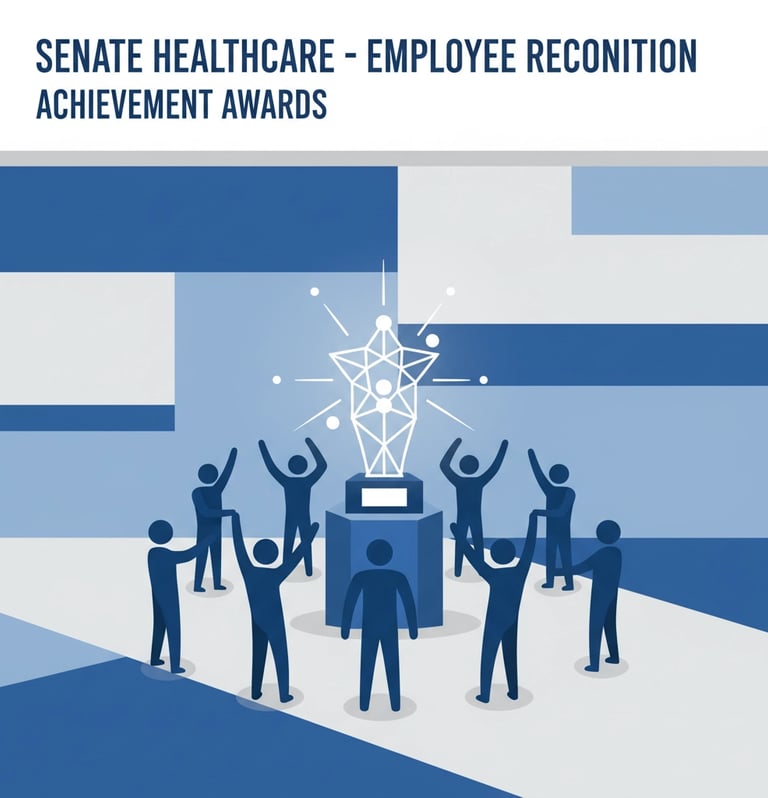

Digital platforms can help track accomplishments and facilitate recognition efforts. But don't overthink it - sometimes a simple "thank you" text after a challenging shift is exactly what someone needs to hear.
Celebrate work anniversaries. Acknowledge outstanding performance. Make recognition personal and meaningful, not generic and forgettable.
7. Build Purpose, Not Just Paychecks
Here's what separates great agencies from the rest: they understand that caregivers want to feel their work matters. Start building this sense of purpose during recruitment by showing your dedication to employees, not just patients.
Foster teamwork within and between departments. When caregivers feel connected to a larger mission and supported by colleagues, they become invested in your agency's success. This creates a positive cycle - happy employees become your best recruiting tool through word-of-mouth recommendations.
Professional development opportunities show caregivers a path forward in their careers. This investment demonstrates long-term commitment to their success and encourages loyalty to your agency.
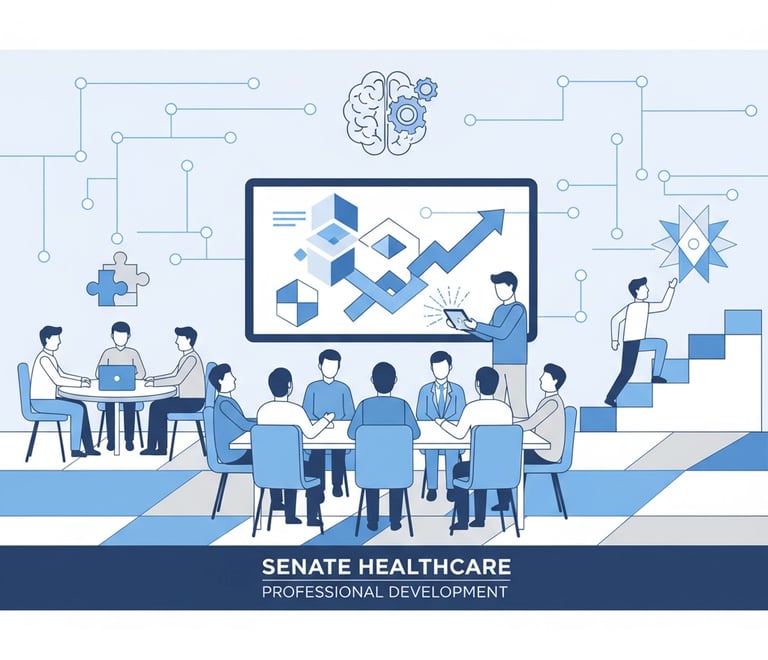

Making It All Work Together
These seven strategies aren't meant to work in isolation. They're most effective when implemented together as part of a comprehensive retention approach. The key is consistency across all levels of your organization, supported by technology that enhances rather than complicates the caregiver experience.
The math is simple: investing in retention costs less than constantly recruiting replacements. More importantly, stable teams provide better client care, which drives referrals and agency growth.
Understanding your agency's current position and implementing these strategies systematically can transform your workplace culture and bottom line.
The agencies winning the retention game aren't doing anything magical. They're just doing the fundamentals consistently and treating their caregivers like the valuable professionals they are. When you get that right, the 80% turnover problem becomes a thing of the past.
Unlock Your 30-Minute Agency Succession Review
Maybe you're ready to expand your reach, or perhaps it's time to consider your legacy and the future of your business. Either way, it all begins with a conversation. Schedule a confidential, no-obligation call to explore what the future might hold for you and your business.
Complete the form, and we'll reach out for a chat...
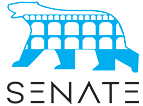

© 2025 SENATE HEALTHCARE LLC.
ALL RIGHTS RESERVED


